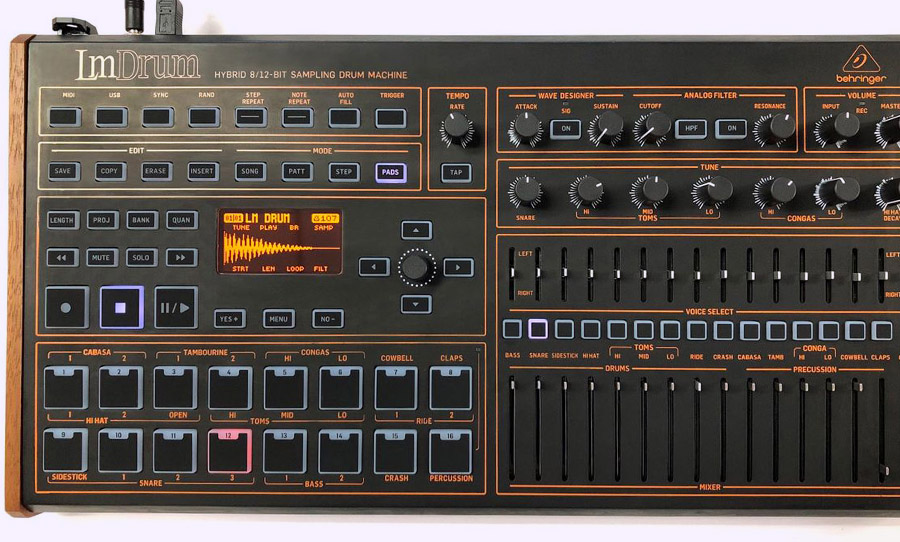Reverse engineered or cloning? Behringer responds to backlash against recent replicas of classic equipment.
Budget music technology company Behringer has recently come under fire for replicating classic equipment from the likes of Roland, Moog and most controversially the CT100 cable tester from Dave Smith Instruments (DSI).
The latest in this saga has come in the form of a Facebook status from Uli Behringer, via Music Tribe, in the defence of reverse engineering and freedom of speech.

Behringer stated he is “a big believer in free speech” and welcomes “any form of constructive criticism” as it helps the company to learn and improve.
“We also don’t mind any comments made or language used by individuals as this is a matter of personal choice,” Behringer added.
“It becomes sensitive when incorrect or defamatory statements are made by competitors and the media. While there is free speech, words do have consequences and since we are all bound by the law, the rules should be applied equally to everyone.”
These statements come after last year the company tried to silence David Smith Instruments staff, in particular, comments made about them on an online forum. Cease-and-desist letters were sent to a DSI employer who Behringer stated was making “incorrect and slanderous statements.”
Behringer pursued a $250,000 lawsuit for “false, defamatory, and libelous” statements about the company’s allegedly copied product. The lawsuit, filed in June last year, was rejected, the court deeming it a ‘strategic lawsuit against public participation’ (SLAPP) and that “all of the claims are based on statements that were made in a public forum on an issue of public interest.”
The result, however, has left DSI still seeking to reclaim over $100,000 in legal fees from Music Group, Behringer’s parent company.
Despite the controversy, Behringer is continuing to replicate classic gear like the Moog Model D, Roland TR-808 and the ARP Odyssey. In his statement, Uli Behringer drew a distinction between reverse engineering and outright copies.
“One needs to be clear about the distinction between blatantly copying someone else’s product and the principle of reverse engineering. Copying a product 1:1 is clearly illegal, however reverse engineering is something that takes place every day and is accepted as part of a product development process known as benchmarking.”
“Often one company will establish a new market opportunity for a unique product and others will follow with their versions of that pioneering product. Think iPhone followed by Samsung Galaxy. This is the principle of competition.”
Behringer states that competitors may be “frustrated by our ability to deliver equivalent or better products at significantly lower prices and that is the source of much of the anger directed at us by them.”
In his post, Behringer assured his audience that his company was committed to “never engage in any activity that willfully infringes on the intellectual property rights of any company or individual,” acknowledging, however, that the battle would likely continue ,
“We are also aware that legal wrangling will continue as we press on with our philosophy of delivering the best products at the lowest possible cost.” he said.
See the full post on Music Tribe’s Facebook page here.



